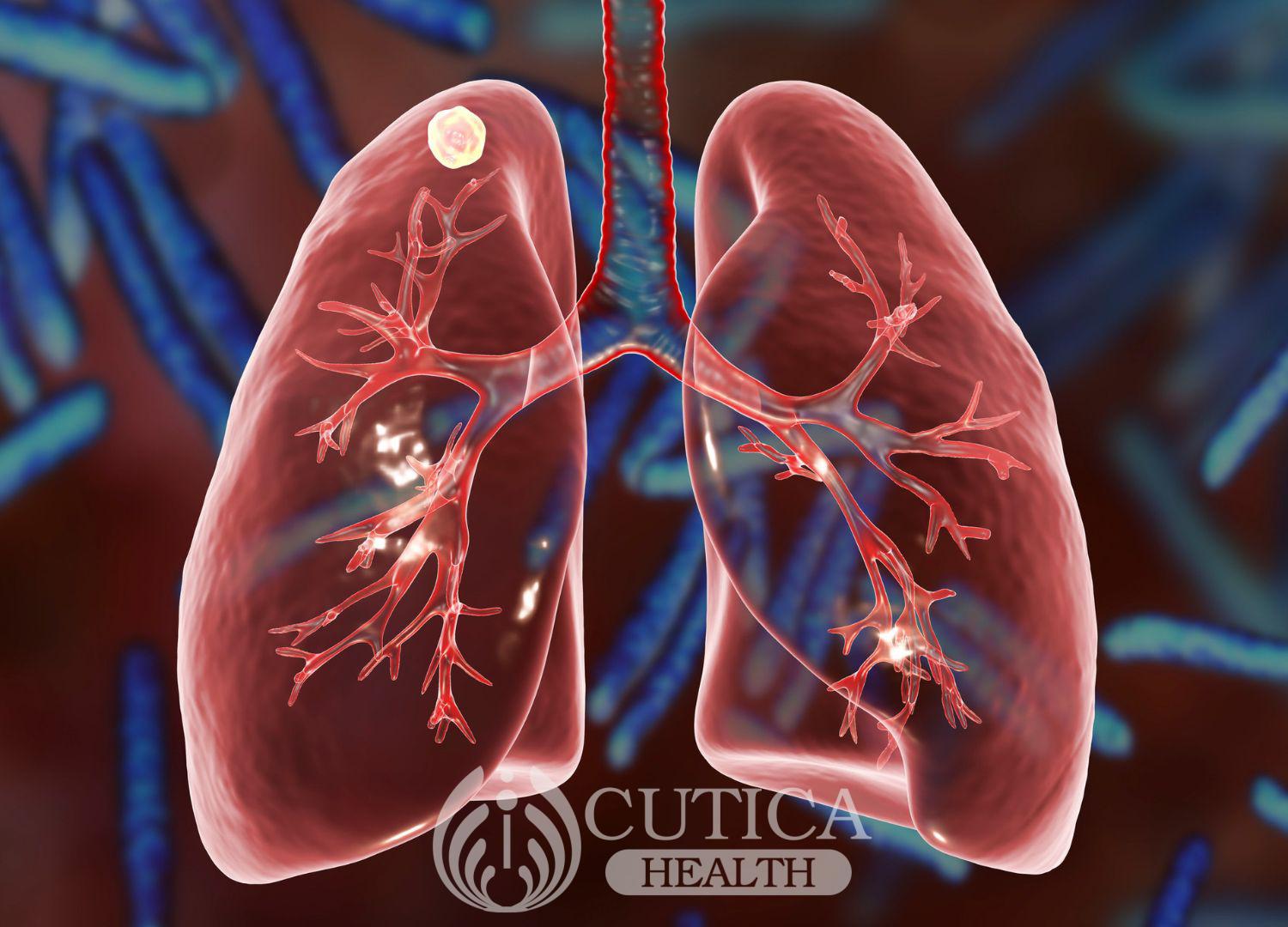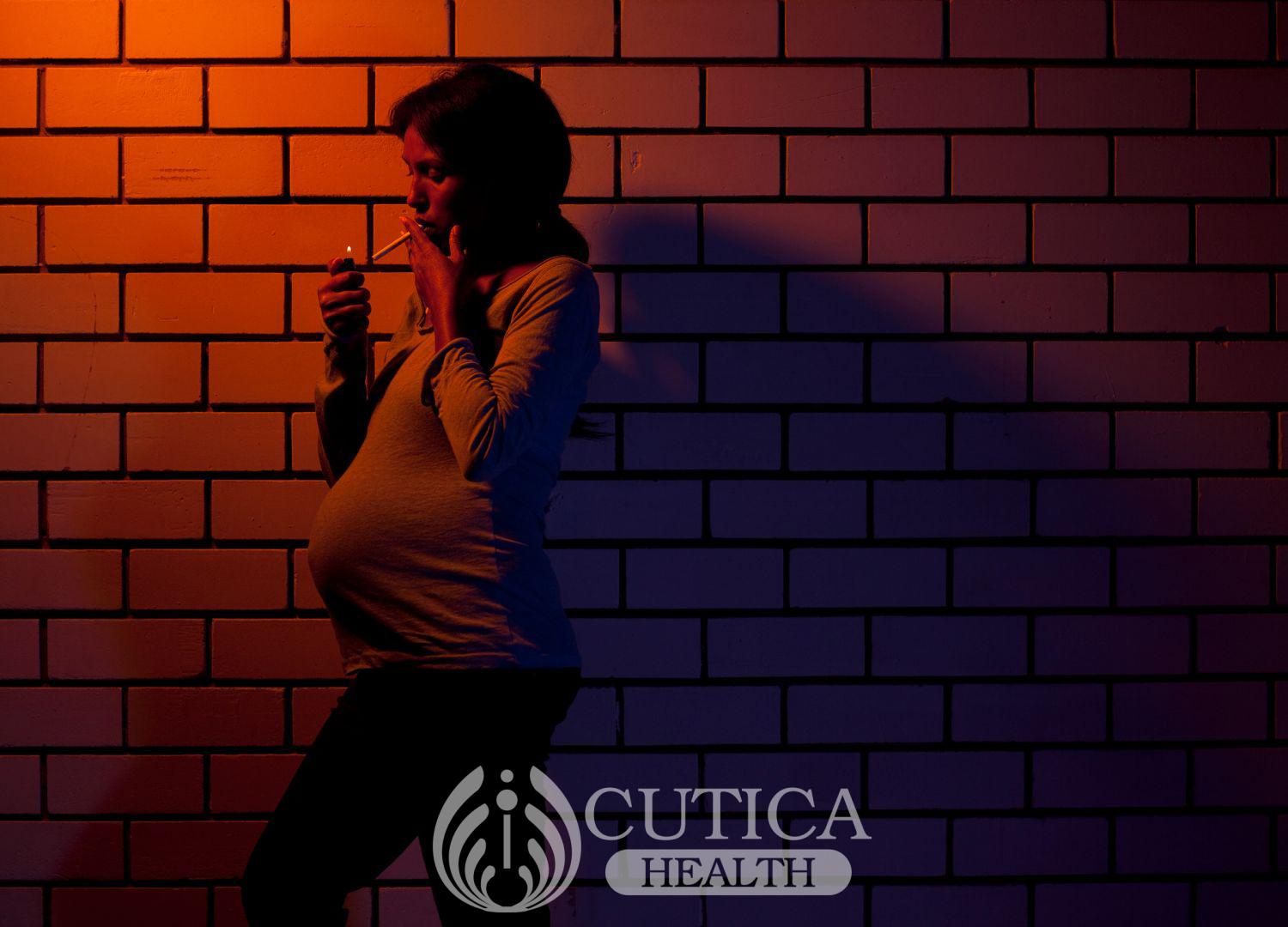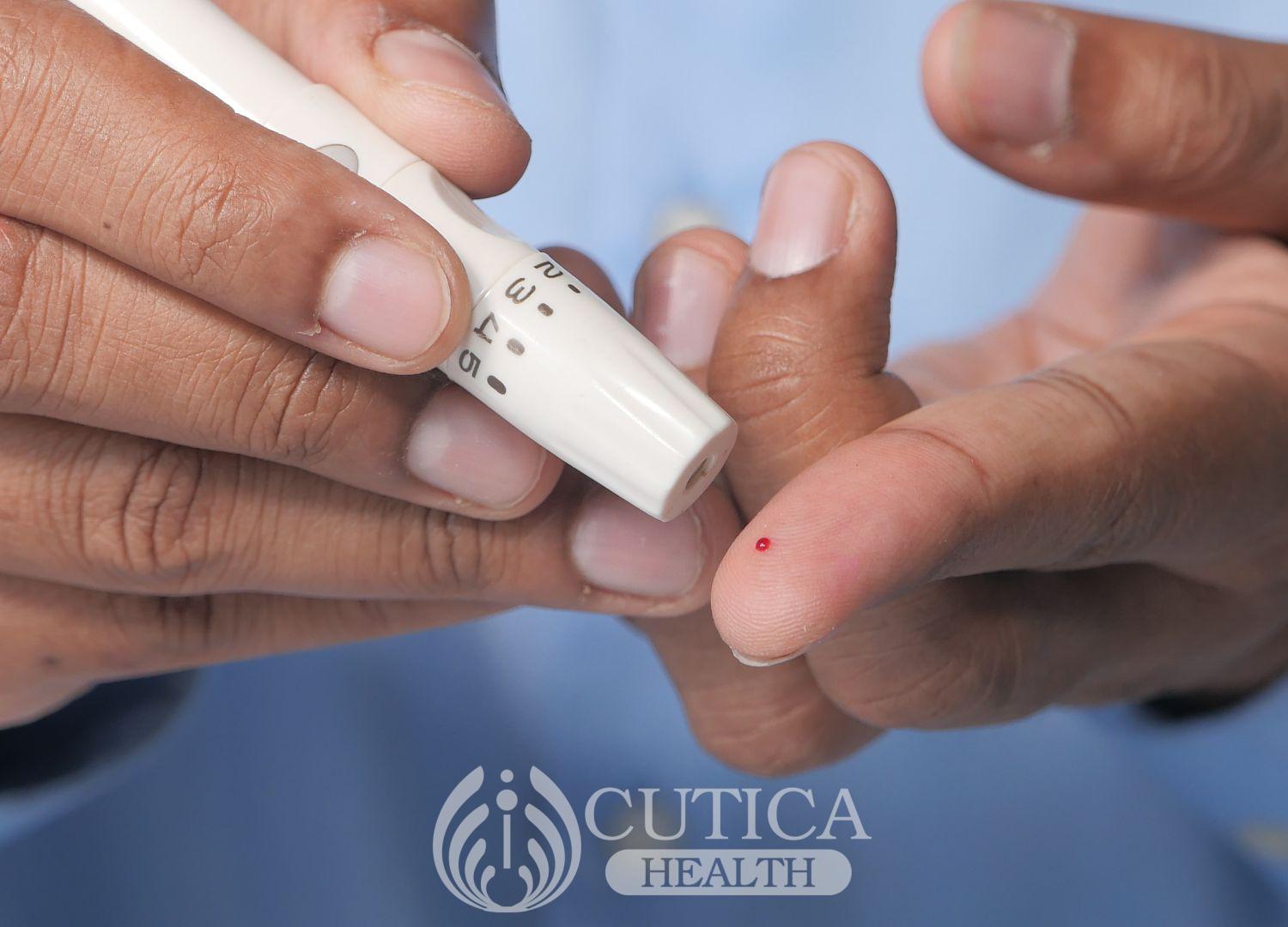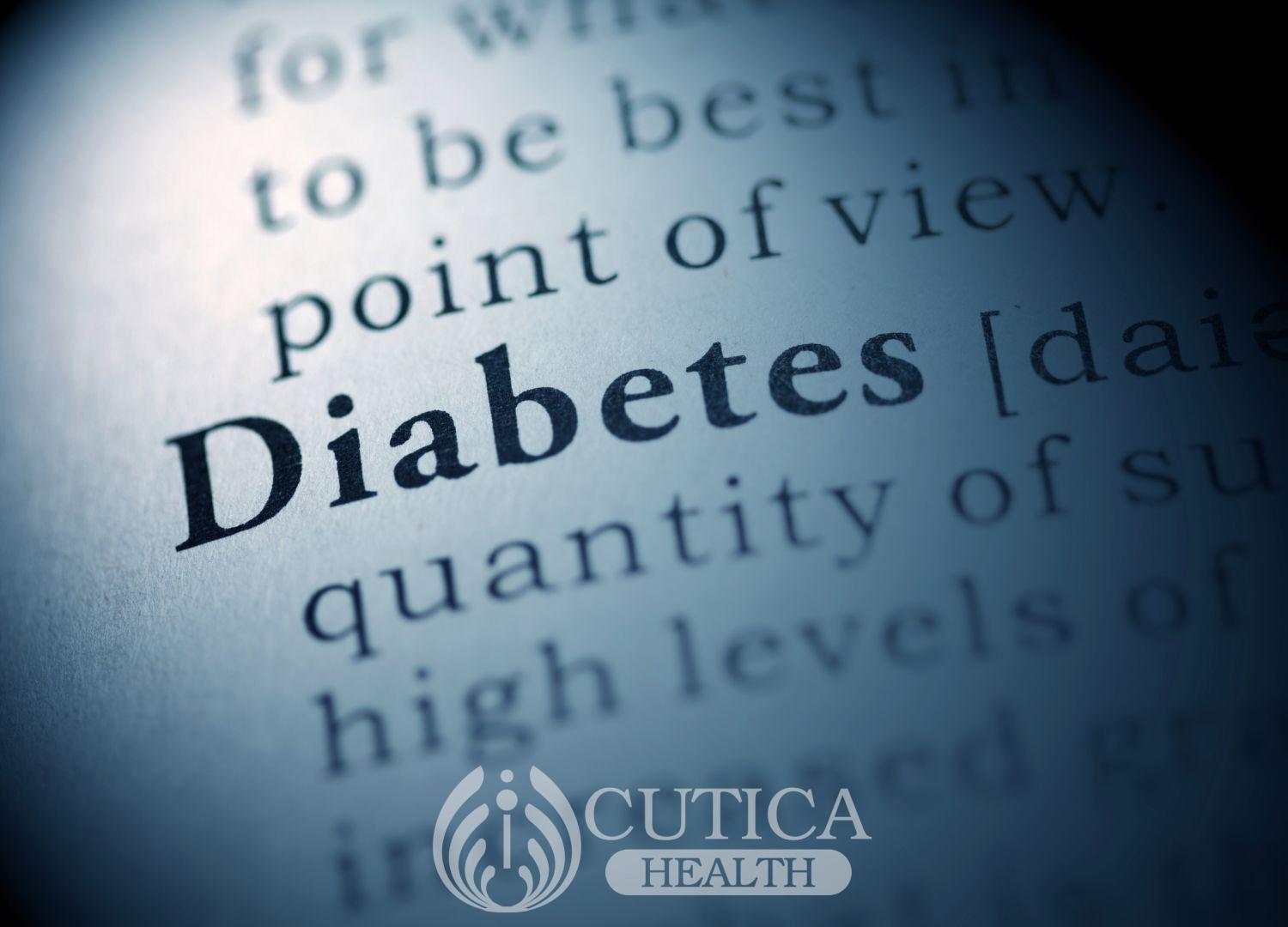
Mr. Ajayi has been very worried for much of the week. His longtime friend had just died from kidney disease. Jimmy was hypertensive before he died, and this made Mr. Ajayi even more worried. Could his kidney disease have been caused by hypertension? Do I have the same risk of this problem? Mr. Ajayi thought to himself.
Hypertension or high blood pressure is one of the commonest chronic diseases today, and one of the leading causes of death. However, hypertension does not cause death on its own, but by damaging vital organs in the body, including the kidneys.

Hypertension is diagnosed when blood pressure exceeds 140/90mmHg in at least three separate readings. The number at the top of the reading is the systolic blood pressure or the pressure at which blood leaves the heart, while the figure below represents the diastolic blood pressure, or the pressure of the heart when it receives blood. If your blood pressure is high, it means the heart has to do a lot more work to both pump blood and receive it, and this could be dangerous for the other organs in the body.
So how does high blood pressure affect your kidneys?
High blood pressure leads to tight or stiff blood vessels or pipes.
- The tighter these blood channels, the higher the pressure with which the heart pumps blood.
- Narrowing of blood vessels also affects how well the blood vessels themselves are nourished with blood, and so could get damaged easily.
- Tight blood vessels are easily blocked by fat plaques, potentially blocking blood flow through the vessel.
Untreated high blood pressure could easily damage organs that need good blood flow to function well, including:
- Brain
- Heart
- Kidneys
Kidneys
The kidneys function as a blood filter, removing wastes from the body as blood passes through them. If blood can no longer flow properly through the kidneys because of damaged blood vessels, wastes accumulate in the blood. This is called kidney failure.

Some of the symptoms of kidney failure include:
- Severe tiredness
- Reduced volume of urine
- Facial swelling
- Swelling in the feet
- Itching
- Difficulty breathing
- Vomiting
How can I prevent or slow down my risk of kidney disease?
If you have been diagnosed with hypertension, you need to take proactive steps. These proactive changes are geared towards reducing your blood pressure and lowering the risk of damage to your blood vessels:

- Reduce salt intake
- Increase your physical activity
- Manage stress
- Maintain a healthy weight
- Drink a healthy amount of water
- Take prescribed medicines to lower your blood pressure. Your doctor may advise you to comply with lifestyle and diet changes first to see how well your blood pressure reduces before starting any of the drugs.

Both hypertension and kidney disease are silent illnesses. Visit your healthcare professional regularly to check your blood pressure and make necessary adjustments.












